Question And Answer
Publications
Articles, publications, books, tools and multimedia features from the U.S. Institute of Peace provide the latest news, analysis, research findings, practitioner guides and reports, all related to the conflict zones and issues that are at the center of the Institute’s work to prevent and reduce violent conflict.
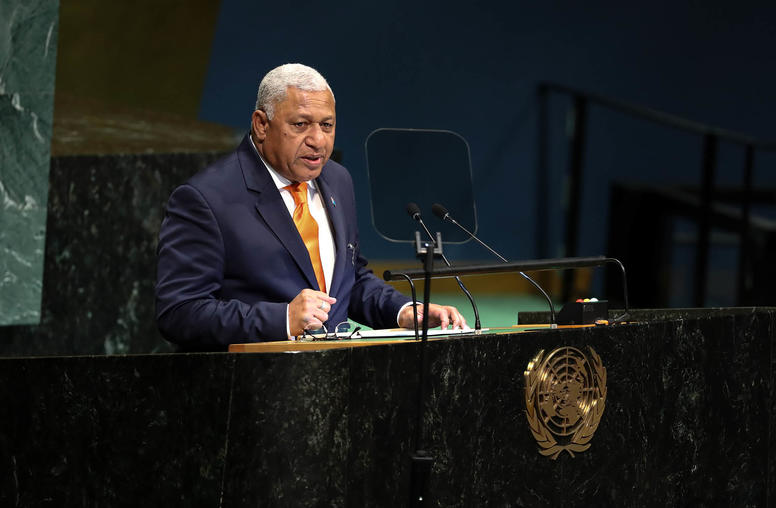
Fiji’s Election Marks a Crucial Moment for its Fragile Democracy
Fiji has become an integral part of the United States’ reengagement in the Pacific in recent years, including a visit to Suva from U.S. Secretary of State Antony Blinken in February. Although Fiji is a small country by global standards, it is a regional leader in the Pacific due to its central location, relative size and international role on issues ranging from peacekeeping to climate change action. Fiji also houses one of only six U.S. Embassies in the Pacific Islands, making it a hub for regional diplomacy.
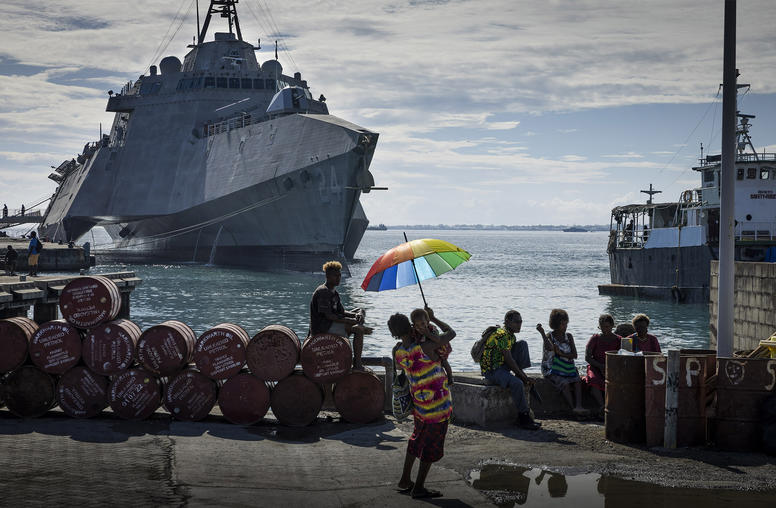
Why is Biden Hosting the First U.S.-Pacific Islands Summit Now?
President Joe Biden will host leaders of Pacific Island countries for a summit at the White House from September 28-29, the latest U.S. effort to strengthen ties with a region that is increasingly the focus of competition between China and the United States and its partners. While China is a major force behind the United States’ effort to reengage with the Pacific Islands, strategic competition has also reawakened Washington to its fundamental interests in the region, which have existed for many decades, and long predate the current era of U.S.-China rivalry.
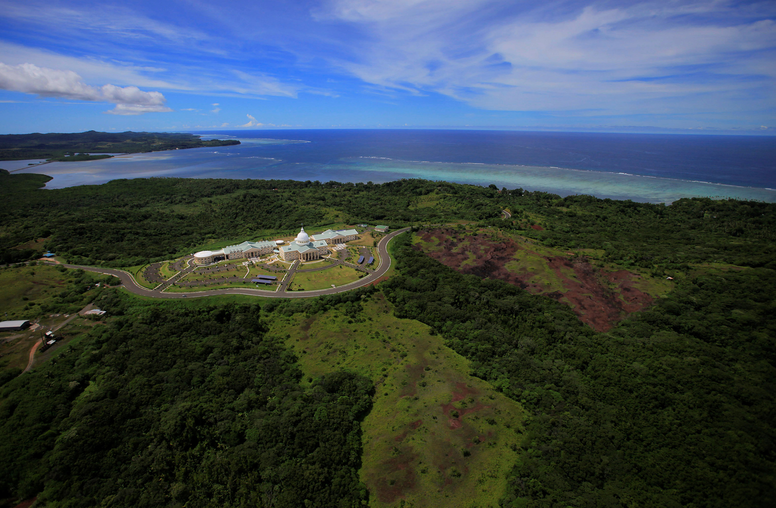
China’s Influence on the Freely Associated States of the Northern Pacific
Around the world, Beijing is investing heavily in diplomatic, security, cultural, and economic ties in a bid to increase its global influence, strengthen its ability to protect and advance its national interests, attract support in multilateral fora and international institutions, and fracture the global consensus on key issues it views as unfavorable to its geopolitical ambitions. The Pacific Islands region—defined as the vast stretch of Pacific Ocean between Asian littoral waters in the west, Guam in the north and Hawaii in the northeast, and Australia and New Zealand in the south and southwest—has been no exception.
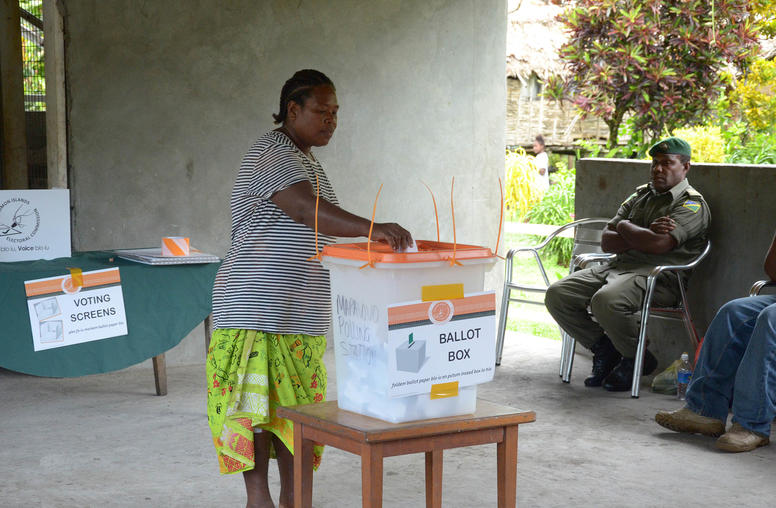
Solomon Islands: Election Delay Would Threaten Peace and Democracy
Solomon Islands Prime Minister Manasseh Sogavare is attempting to delay the 2023 elections — which would normally take place between May and August — to 2024, causing concerns among civil society and regional partners regarding the country’s growing autocracy and ties to China. Delaying the vote is broadly unpopular and could spark protests. Some Solomon Islanders fear that Sogavare may use Chinese security forces to crack down on protesters, which would fuel further instability. Postponing the election may also set a dangerous precedent for the future, allowing Sogavare to further solidify his power.
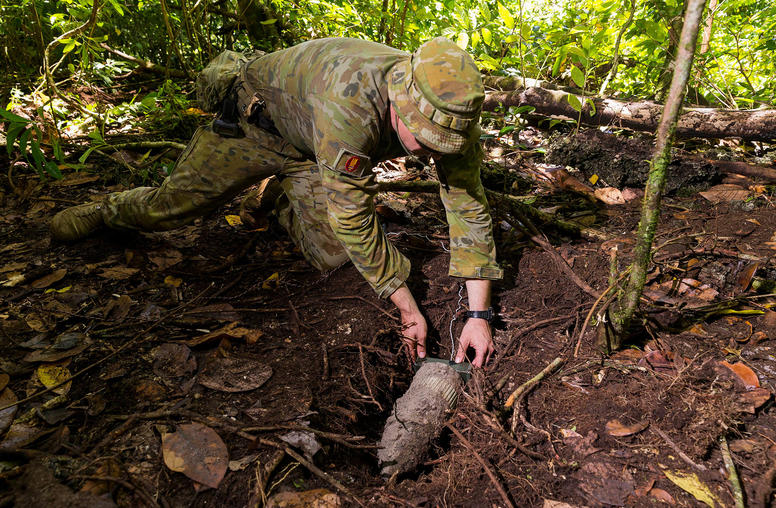
Solomon Islands: WWII Legacy Unresolved 80 Years After Guadalcanal Campaign
On August 7, the Solomon Islands will commemorate the 80th anniversary of the Guadalcanal campaign during a visit from U.S. Deputy Secretary of State Wendy Sherman and U.S. Ambassador to Australia Caroline Kennedy, whose fathers both fought there in World War II. As the United States and its partners look to strengthen their relationships with the Solomon Islands, addressing the enduring legacies of WWII — particularly the issue of unexploded ordnance — should be a renewed focus.
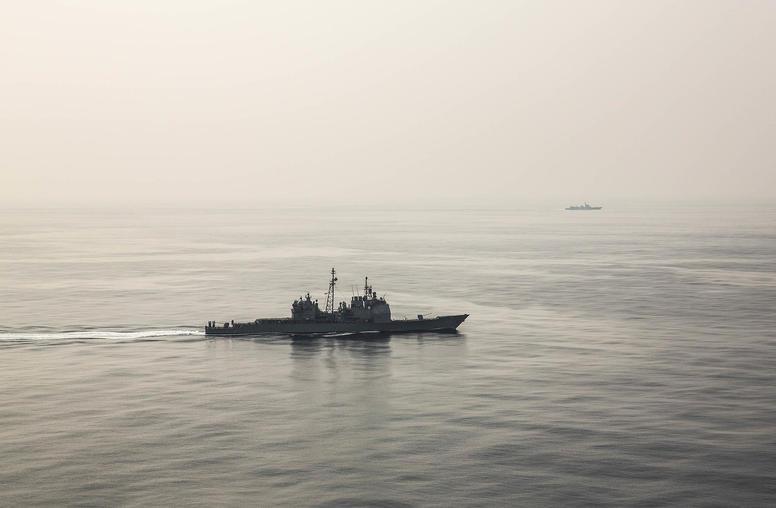
China’s Search for a Permanent Military Presence in the Pacific Islands
In April, China signed an unprecedented security pact with the Solomon Islands, sparking regional concerns of a future Chinese military presence there. China’s pursuit of greater military reach in the Pacific Islands draws parallels to Imperial Japan’s construction of bases prior to World War II, and the implications are, likewise, strikingly similar. A Chinese military presence in the Pacific Islands could complicate transit between Australia and the United States, allow Beijing to increase its power projection in the second and third island chains, and bring Chinese military firepower closer than ever to Australian and U.S. territory. Can the United States and its partners prevent such an outcome?
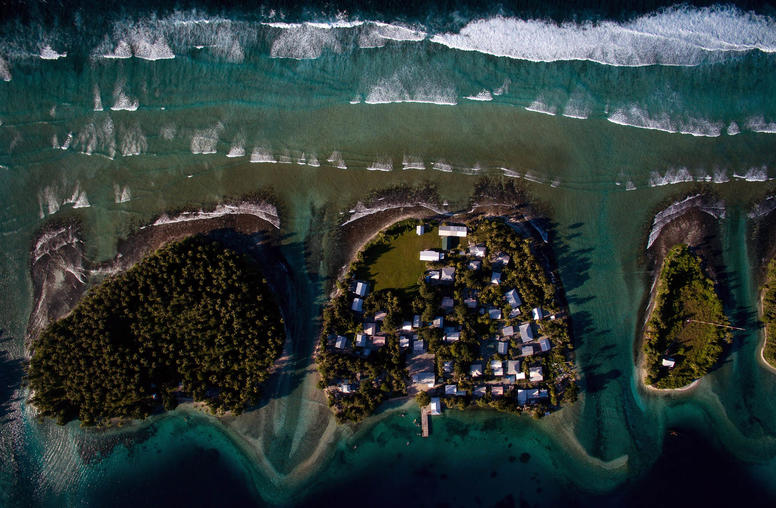
Pacific Islands Forum: Leaders Want to Focus on Climate Change, Not Geopolitics
The annual Pacific Islands Forum (PIF) Leaders Meeting will convene next week in Suva, Fiji, against the backdrop of increasing geopolitical competition in the region. But as the United States and its partners grow increasingly wary of China’s strategic interests in the Pacific Islands, leaders of PIF member states seek to shift regional attention to their greatest security concern: climate change.
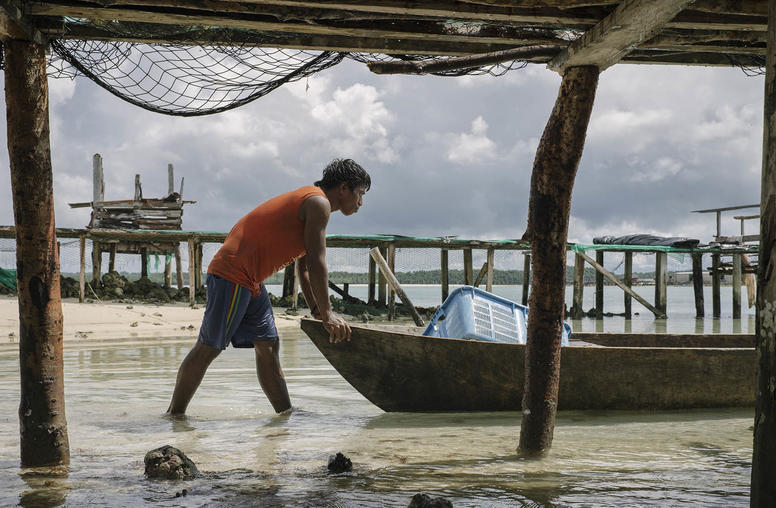
Four Takeaways from China’s Tour of the Pacific Islands
In late May, as President Biden was wrapping up his visit to Asia, China’s foreign minister, Wang Yi, launched a 10-day tour of the Pacific Islands. Almost immediately, news broke that Wang had unexpectedly proposed a sweeping multilateral agreement to deepen Beijing’s security and economic ties with the region, then quickly withdrew it due to lack of support from the Pacific Island countries. This followed a controversial Solomon Islands-China security pact signed in April that set off alarm bells in the United States and Australia over China’s efforts to establish a security presence in the Pacific Islands region.
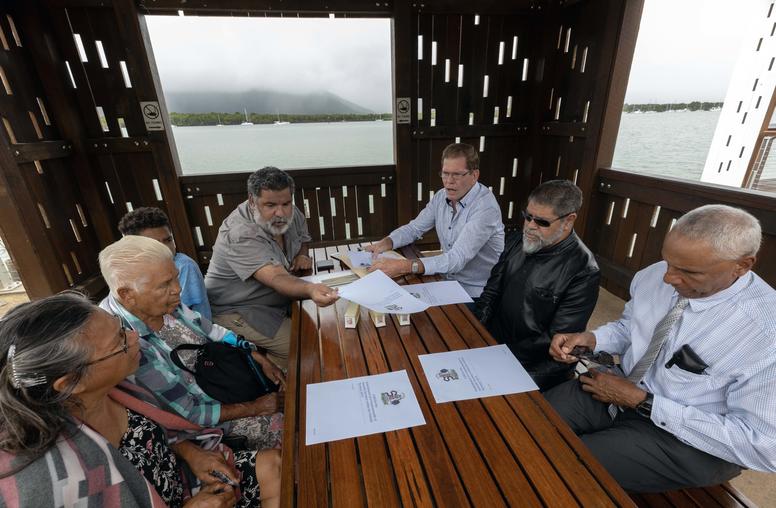
What Is Indigenous Foreign Policy? Lessons from Australia and New Zealand
In early May, the Solomon Islands — the second largest recipient of Australian aid — signed a security agreement with China, raising concerns about the potential for the creation of a Chinese military base a short distance from Australia’s shores. Coming mere weeks before Australian elections, this announcement was widely seen by Australians as a failure of their foreign policy and helped turn national security into a high priority for the elections.

After Ireland Vote: Various Roads to LGBTI Rights
Following Ireland’s constitutional referendum to legalize same-sex marriage, the newly appointed senior U.S. diplomat on human rights for gender minorities said he is “incredibly optimistic” about the prospects for the global campaign to guarantee such protections. Still, U.S. Special Envoy Randy Berry and an international group of activists said May 26 that gender-rights movements in many countries face tougher political landscapes than in Ireland and must rely heavily on more legalistic app...